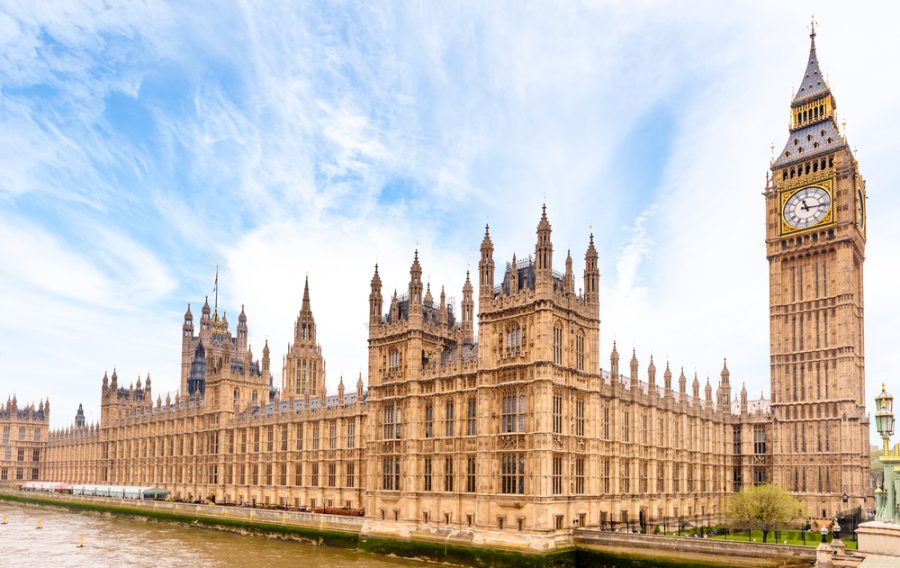
The Queen has delivered her speech to Parliament outlining the Conservative government’s programme following the results of last week’s General Election.
For the defence industry, there was confirmation from the Queen that the Government will continue to honour the NATO commitment to spend a minimum of 2% of GDP on defence.
The Queen also spoke of the introduction of measures to counter hostile acts from foreign states and touched upon the government’s intention to work with international partners to help solve the most complex international security issues and to promote peace and security globally.
The was a commitment to honour the Armed Forces Covenant, which is a promise to ensure that those who serve or who have served in the armed forces, and their families, are treated fairly.
The Queen said Government will also work to promote and expand the United Kingdom’s global influence, with an integrated security defence and foreign policy review to be undertaken to reassess the nation’s place in the world. This will cover all aspects of international policy from defence to diplomacy and development.
The speech was in line with the Conservative Party’s pre-election manifesto, which pledged it would exceed the minimum 2% of GDP defence spend and continue to invest in the armed forces.
The manifesto stated: ‘We will support the UK’s world-class defence industry by investing in ambitious global programmes, including building the new Type 31 frigates in British shipyards such as Rosyth and a new generation of armoured vehicles, made in Britain.’
It also pledged to modernise and invest in training and equipping the armed forces including a focus on investment in cyber security and creating a UK Space Command.
The Prime Minister outlined the government’s commitment to maintaining its NATO defence spend when he recently met with other NATO leaders, including US President Trump, for talks designed to strengthen the alliance and to ensure it is best placed to deal with future challenges.
Mr Johnson said: “For the UK’s part, we spend over 2% of GDP on defence. We are proudly making the biggest contribution of any European ally to NATO’s Readiness Initiative by offering an armoured brigade, two fighter squadrons and six warships, including the Royal Navy’s new aircraft carriers.”
In a declaration, the NATO leaders outlined their pledge on defence spend and highlighted the need to invest in technology to meet emerging threats such as cyber and hybrid attacks, protect key infrastructure and recognised space as an operational domain.
image from Shutterstock
If you would like to join our community and read more articles like this then please click here.







